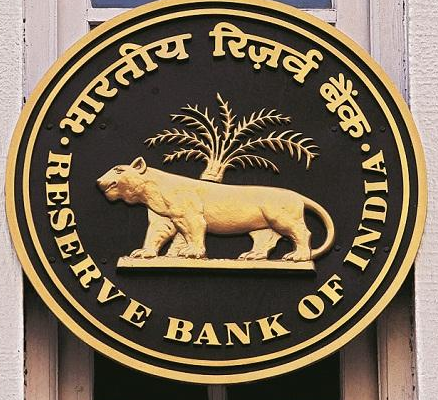DDA Moves Delhi High Court, Contests RERA’s Authority to Issue Directives
NEW DELHI: In an unusual legal development involving two statutory bodies, the Delhi Development Authority (DDA) has approached the Delhi High Court to challenge the jurisdiction of the Real Estate Regulatory Authority (RERA). The DDA has questioned the legal competence of RERA to issue it directions, particularly regarding the mandatory registration of its housing projects.
In its petition, DDA argues that it is not a real estate promoter akin to private builders but a statutory authority established under the Delhi Development Act, 1957.
According to DDA, its operations are governed by this Act, along with the Nazul Rules and the Delhi Development Authority (Management and Disposal of Housing Estates) Regulations, 1968, which define the framework for its housing activities.
Last month, a bench led by Justice Sachin Dutta issued a formal notice to both the Delhi RERA and the Ministry of Housing and Urban Affairs, seeking their official response to DDA’s claims.
The DDA, which functions under the direct administrative control of the central government, has challenged provisions under the Real Estate (Regulation and Development) Act that require all developers—government entities included—to register their real estate projects with the appropriate state regulator before they can offer them for sale to the public.
Terming RERA’s actions as an “overreach of jurisdiction,” DDA emphasized that it was compelled to file this petition under “extraordinary circumstances” to seek urgent legal relief. The authority claimed that RERA’s assumption of control was “palpably unconstitutional, illegal, and unauthorised.”
It added that its operations are already regulated comprehensively under a separate statutory mechanism and thus should not fall under the purview of RERA, which was primarily established to regulate private real estate promoters and developers.
The DDA’s legal team, comprising senior advocate Ramesh Singh and advocate Vrinda Kapoor Dev, contended that the Delhi Development Authority operates under a broad constitutional and parliamentary mandate and is already subject to stringent government oversight, audits, and accountability frameworks.
They argued that DDA is fundamentally different from private or commercial developers and was never intended to function as a commercial entity. Instead, the Delhi Development Act mandates it to “promote and secure the development of Delhi according to plan,” positioning it as an extension of state policy rather than a market player.
The DDA also pointed out specific compliance issues arising from the RERA mandate. The authority noted that the regulatory regime under RERA requires promoters to furnish personal and organisational details such as names, addresses, types of organisations, photographs, and registration information.
However, since DDA is a statutory body created by an act of Parliament, its foundational identity and functions are already established by law, rendering such requirements redundant.
Furthermore, DDA emphasized that while RERA mandates disclosure of past project performance, status updates, delays, pending litigations, land ownership records, and financial details, it should not be obligated to furnish such information in the same format as private developers.
For instance, RERA requires submission of authenticated project approvals and commencement certificates issued by a competent authority. DDA clarified that in its case, it is itself the “competent authority,” as it sanctions and regulates its own projects, layouts, and development plans.
Despite these arguments, Delhi RERA has consistently maintained that any organization involved in real estate development—whether a private builder or a government authority like DDA—must register its projects as per the legal requirements of the RERA Act. The regulatory body has reiterated that it possesses the power to initiate action against any entity that fails to comply with these rules.
Tensions between the two agencies escalated recently when Delhi RERA directed DDA to register one of its premium residential projects located in Dwarka. The directive has become a flashpoint in this ongoing legal and jurisdictional conflict, prompting DDA to seek the court’s intervention to clarify its legal obligations under the existing regulatory frameworks.
The case now awaits further hearings, with responses from RERA and the Ministry of Housing and Urban Affairs expected to shed more light on the extent of regulatory control RERA can exercise over government bodies like the DDA.



















































































